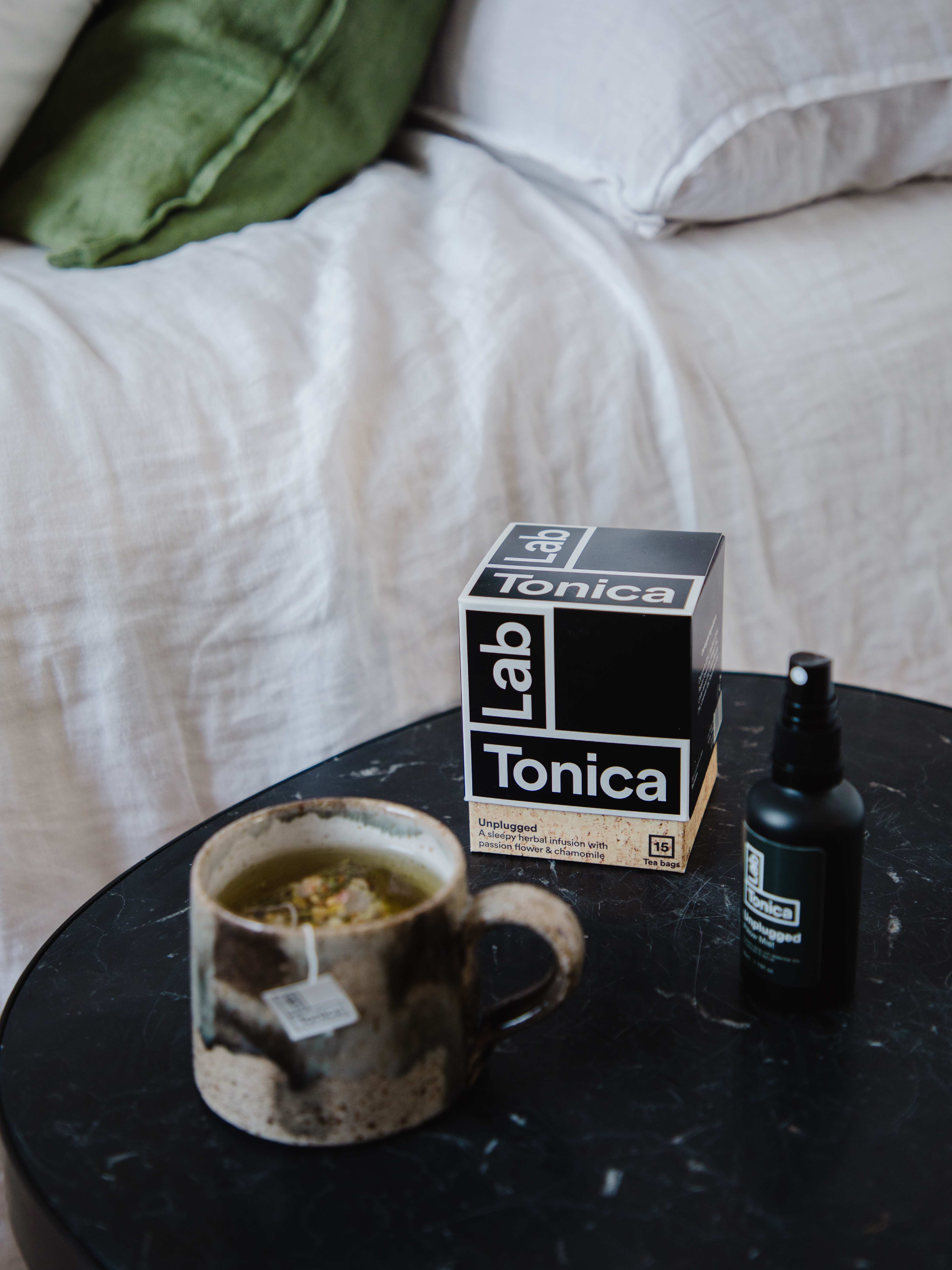18 Jan, 2025
How to fill up on nutrients you may be deficient in during winter
Winter: woolier jumpers, more candlelight, and more nutrient-packed vegetables. As we are more likely to spend more time indoors and eat seasonally, there are certain key nutrients that are harder to get enough of during winter. We break down what these nutrients are and how to get them into your diet in the most delicious and enjoyable way.
HealthEssential nutrients you are more likely to be deficient in during the colder months
Vitamin D: From sunshine. It is crucial to support the immune system, and equally crucial to stop it from going into dangerous overdrive (see “cytokine storm” above). Wild fish, particularly salmon, is a great source of Vitamin D. Discover our favourite teriyaki salmon recipe here. Otherwise, we recommend supplementing by taking 2000 iu (international units) with dinner every evening.
Vitamin C: Unsurprisingly, Vitamin C is a crucial antioxidant vitamin for skin health, fighting inflammation, and for staving off infections. It is also particularly good if you are healing from a wound or surgery. Vegetables rich in Vitamin C include cauliflower, tomatoes, bell peppers, citrus fruits and broccoli. Check out our favourite cosy bean chilli recipe, that makes the most of delicious chopped tomatoes (as fresh are a little harder to get our hands on at this time of year) and peppers.
Zinc: All white blood cells need zinc to do their job properly. Eating plenty of zinc-rich foods can help to increase disease-fighting antibodies and strengthen your immune system. Foods high in zinc include pumpkin seeds, sesame seeds, chickpeas, cashews and shellfish. Here's our favourite cauliflower dish, that includes both chickpeas and sesame seeds.
Iron: Women do require significantly more extra iron than men, and this nutrient is important in keeping those illnesses at bay. You should consider consuming foods rich in Vitamin C when consuming iron to help with absorption. Chickpeas are a wonderful plant-based source of iron, as opposed to meat. Trying adding hummus to as many meals as possible, which can be easier to digest for some. We have tons of delicious hummus recipes on the blog, including this farinata recipe and this buddha bowl.
B Vitamins: All the B Vitamins are needed to help process food, which in turns releases energy, boost our metabolism and improve our cognitive health. Vitamin B6 is particularly essential in keeping your immune system going. Fish, potatoes, chickpeas and bananas are all rich in Vitamin B6. Try our favourite banana bread recipe for breakfast, or a snack to keep you going. Otherwise, we need to focus on getting enough Vitamin B12 into our diet. Though trickier when eating plant-based, this is anything but impossible! Add a jar of nutritional yeast into your store cupboard (we use this for everything, particularly for our favourite vegan parmesan topping) and reach for oat milk as your plant-based milk of choice, as this is fortified with Vitamin B12.
Extra supplements
Iodine: This kills viruses as well; it’s such a powerful anti-microbial that it’s still used in operating theatres. Take one drop of Lugol’s Iodine daily, in water, or an iodine tablet, and if you can’t get that, eat lots of seaweed or kelp.
Selenium: This also supports the immune cells, but you only need a little: I00 micrograms a day for 2 months will do.
Additional Tips for Boosting Your Immunity
- Eat as much fresh raw veg (and some fruit) as you can. As much salad as you can get. This gives you the anti-oxidants you need to reduce the “cytokine storm” (excess immune activity/inflammation).
Go easy on the sugar - really minimise it - because all infections thrive in a high-sugar environment.
Eat more herbs. Many herbs either kill viruses directly or support the immune system to do so. They include: Echinacea as a tincture to take in water; ginger, thyme, turmeric, rosemary and raw garlic in food; and cordyceps mushroom, astragalus and rhodiola as herbal supplements or teas. Finally, eucalyptus and tea tree as essential oils to inhale in steam, along with iodine drops, if you are coughing. - Ginger, ginger, ginger. Chop up a thumb sized piece of ginger and pair with the juice of half a lemon and hot water to start your day. Not only is ginger a natural pain and fever reducer, it also increases circulation helping to remove toxins and viruses from the body.
- Never enough turmeric. An anti-bacterial, anti-inflammatory and powerful antioxidant, this delicious spice is loaded with dietary fibre, potassium, magnesium and vitamin C, E and K. Enjoy in tea, curries or soups and you will soon reap the benefits.
- It's in the preparation. Veggies such as broccoli and spinach are supercharged with vitamins and minerals - but their nutrient content can become depleted if over-cooked. Each ingredient is different, for example spinach enjoys been cooked ever so slightly to help with vitamin A absorption.
In case you don't have the time or energy to plan, prep and cook, all our freshly-delivered meals are crafted to include all the essential vitamins and minerals you need everyday to not only keep you going, but have you thriving. Explore our options here.



